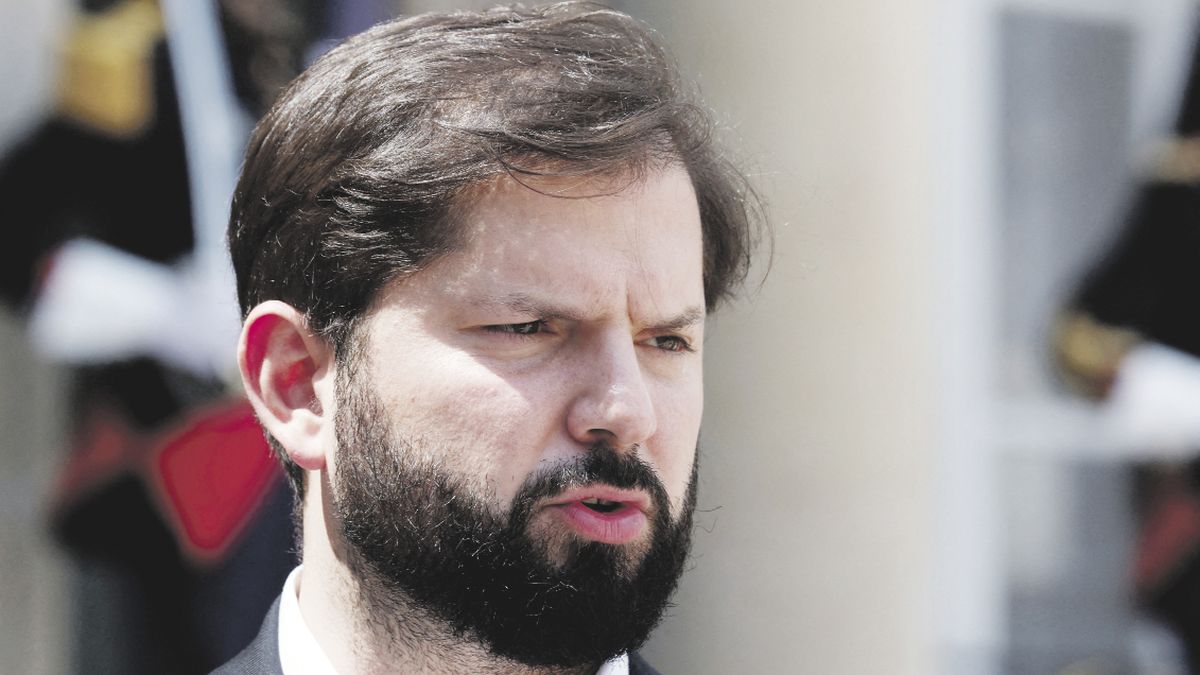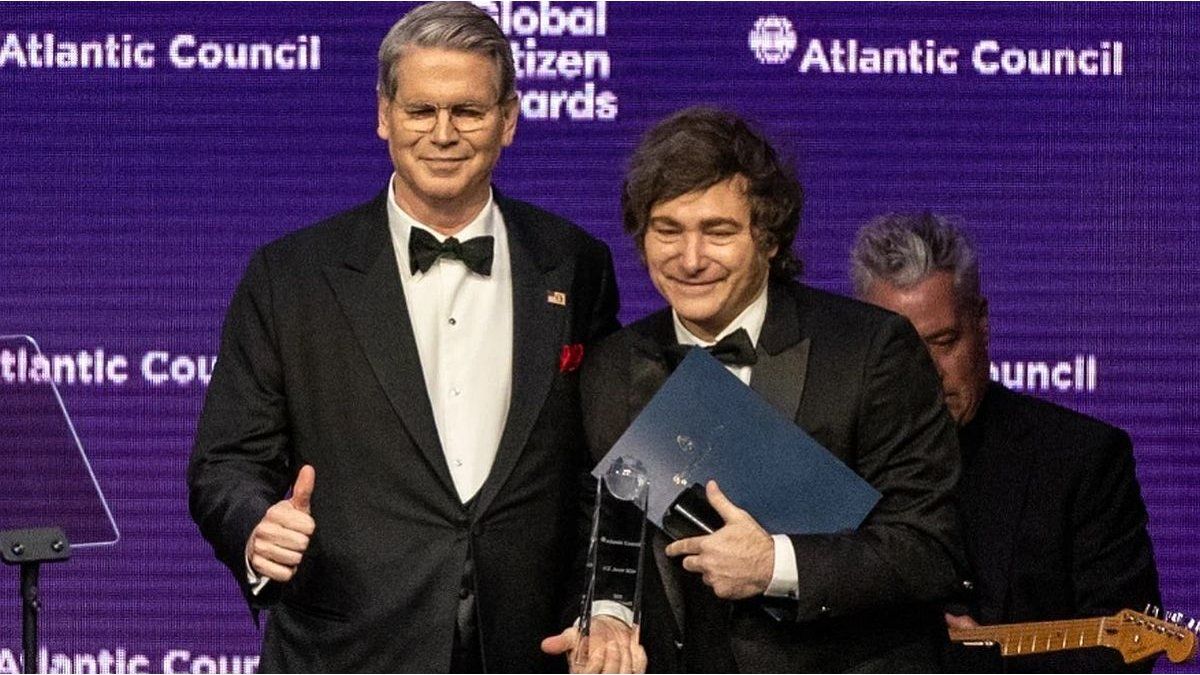Santiago – Chilean President Gabriel Boric said yesterday that he will block an initiative by right-wing opposition legislators that seeks to eliminate the non-concessionable nature of lithium, reserved to the State by a recent decision of the left-wing government.
Opponents of the ruler have proposed that the legal barrier that has been erected to protect the key component for electric car batteries – as well as computers, mobile phones and other technological devices – be removed to facilitate the local development of that sector and the capture of as much of your income as possible.
“I have read the position of some political sectors, mainly from the right, in order to eliminate the non-concessibility of lithium and I want to tell you that as long as I am president, lithium will belong to all Chileans…”, Boric said at a public event.
“Therefore, we will oppose this initiative, but positively promoting the National Lithium Strategy…”, he added.
Chile originally reserved the use of lithium to the State for its eventual nuclear use. It currently only has two contracts for the operation of state assets with the American Albemarle and the local SQM.
In April, Boric announced his plan to increase state control in the industry through the creation of public-private partnerships, but with a state majority in the salt flats considered strategic.
The place of Argentina
Chile is -behind Australia- the second world producer of lithium, which exploits only from the Salar de Atacama, in the Antofagasta region, about 1,700 km. north of Santiago. In addition, its reserves of this mineral are among the largest in the world, according to the United States Geological Survey (USGS).
Together with Argentina and Bolivia, that country forms the so-called “lithium triangle”, which concentrates 60% of the world’s reserves of this strategic mineral. The nationalization imposed by Boric, as well as a decision in the same direction by Bolivia, unleashed a debate in Argentina about what should be the regulatory framework for one of the sectors with the greatest future.
“The State will participate in the entire productive cycle of the mineral. We will do the exploration, exploitation and addition of value based on the principle of virtuous public-private collaboration,” Boric said on April 21 in a national chain message.
The president also announced then the sending to Congress of a bill to create the National Lithium Company.
Applications
Lithium is used mainly to make batteries for energy storage, electric cars and buses, and its demand has grown strongly in recent years as the world seeks to move away from fossil fuels to curb global warming.
Lithium “is key in the fight against the climate crisis and an opportunity for economic growth that is unlikely to be repeated in the short term,” Boric said. In 2022, lithium became the product that contributed the most to Chile’s GDP after copper derivatives, of which the country has been its main world producer for several decades. Last year, exports of lithium carbonate grew more than six times, from 1,233 million dollars in 2021 to 8,930 million dollars last year, according to data from the Central Bank of Chile.
“It is the best chance we have to move towards a sustainable and developed economy. We cannot afford to waste it…”, added the Chilean president.
Boric assured that the State will be present in all the exploitations but did not say how much the participation would amount.
“Our challenge is for our country to become the world’s leading lithium producer,” he said. The lithium that Chile currently extracts from the Salar de Atacama is exploited under a system of concessions by the Chilean company SQM and the American company Albemarle, representing more than 30% of the global market.
There are also more than 60 salt flats and saline lagoons in the country.
Through the National Lithium Company, the Chilean State will also seek “partners” for the development of projects for the generation of products of high technological value. If it is formed, this company will be controlled by the state copper company Codelco, currently the world’s leading copper producer.
Boric compared his lithium exploitation plan with the decision of the government of Eduardo Frei Montalva (1964-1970) to nationalize 51% of copper mining, and of President Salvador Allende, with the unanimous agreement of Congress, in 1971, to nationalize the remaining property of the copper industry.
Source: Ambito




